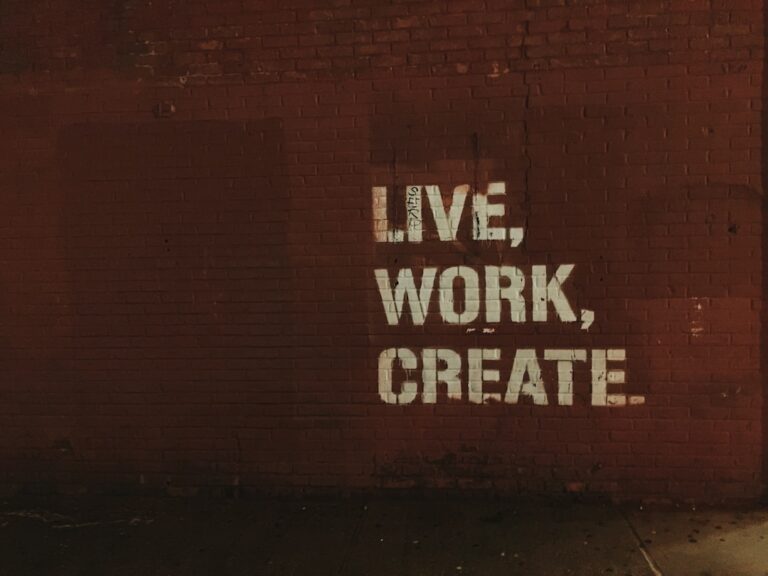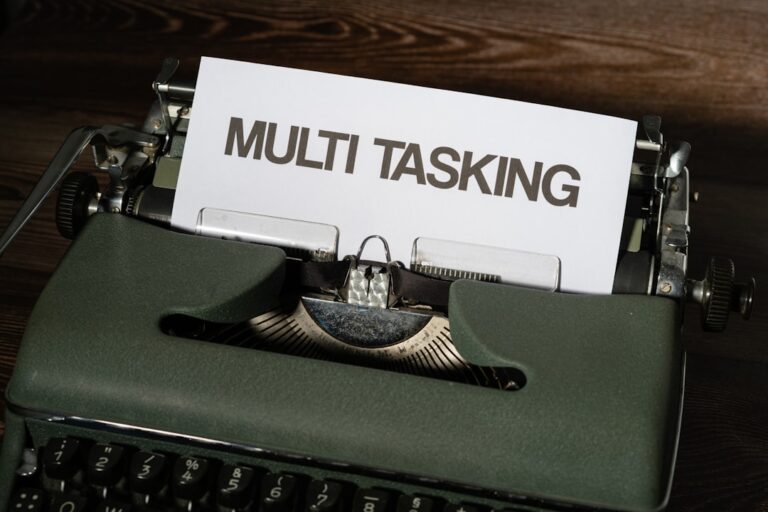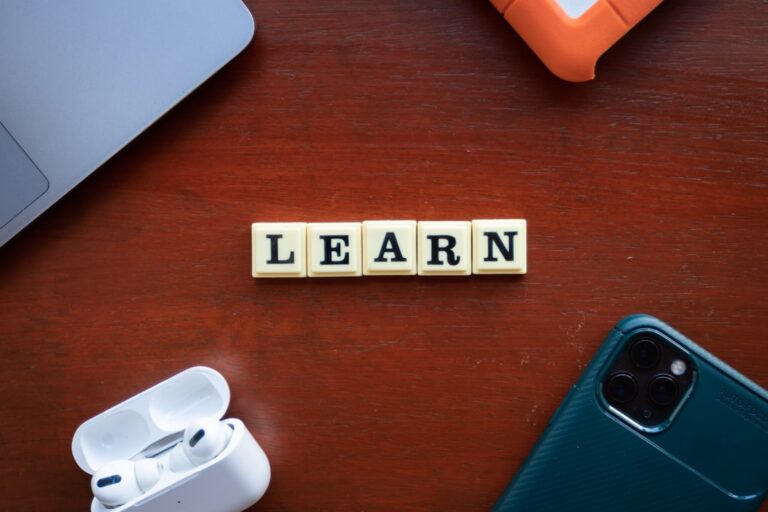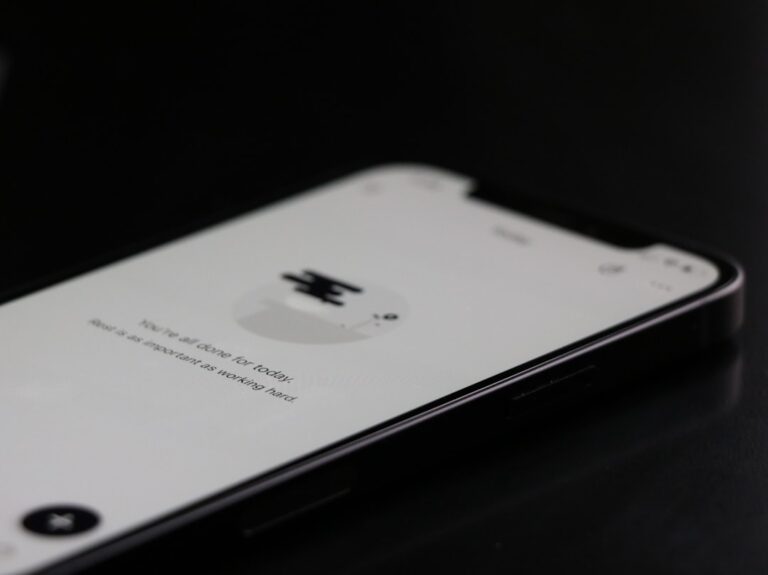
Ever feel like you’re constantly running but never quite catching up? If your days feel like a whirlwind of tasks, to-dos, and distractions, you’re definitely not alone. I’ve been there. For years, I felt stuck in a cycle of unhealthy habits, from binge eating and gaming to just feeling generally unproductive and overwhelmed. It often seemed like I was just reacting to life instead of living it.
But here’s the good news: creating a smoother, more streamlined daily routine isn’t about becoming a rigid robot. It’s about being intentional. It's about making space for what truly matters, reducing stress, and actually feeling like you’re making progress. It’s how I managed to turn things around, lose over 110 pounds, and build a life that feels purposeful and balanced. It’s an ongoing journey, for sure, but these shifts have made all the difference.
So, grab a cup of coffee or tea, and let’s chat about some practical ways to bring a little more calm and a lot more focus to your days.
Why Streamline Your Day?
Before we dive into the tips, let’s quickly touch on why this even matters. A streamlined routine helps you:
- Reduce stress: Knowing what’s next and being prepared takes a huge load off your mind.
- Boost productivity: You get more done with less wasted effort.
- Increase focus: By minimizing distractions, you can concentrate on the task at hand.
- Create more free time: Efficiency frees up moments for rest, hobbies, or time with loved ones.
- Build momentum: Consistent small actions lead to big results over time.
Ready to make some changes? Let's go.
15 Tips to Streamline Your Daily Routine
Here are some practical things that have helped me, and I hope they can help you too:
-
Plan Tomorrow, Tonight
Take 10-15 minutes before bed to quickly outline your next day. What are the top 2-3 things you absolutely need to accomplish? Jot them down. This clears your mind for better sleep and lets you hit the ground running in the morning. I used to wake up feeling anxious about what I "should" be doing. Now, I wake up with a plan. -
Identify Your "Big Rocks" First
These are your Most Important Tasks (MITs). Focus on getting these done early in the day if possible, when your energy and focus are typically highest. Everything else will feel easier afterward. -
Time Blocking Can Be Your Friend
Instead of just a to-do list, assign specific blocks of time to your tasks in your calendar. This helps you see how much time you actually have and commit to focusing on one thing at a time. I find that working in focused bursts of 2-4 hours is much more effective than trying to "work" all day with constant interruptions. -
Batch Similar Tasks
Group similar activities together. For example, answer emails in one or two dedicated blocks, run all your errands in one trip, or make all your calls back-to-back. This reduces mental switching and saves time. -
Tame Your Digital Distractions
Our phones can be our biggest time-wasters. Turn off unnecessary notifications. Set specific times to check social media or emails. This was huge for me, especially when I was breaking free from gaming addiction. Constant pop-ups were a trigger. Creating tech-free zones or times can be a game-changer. -
Prepare in Advance
Lay out your clothes the night before. Prep parts of your breakfast or lunch. Pack your bag. These small things save precious minutes and mental energy in the morning. -
Automate or Delegate (If You Can)
Can you automate bill payments? Can someone else in the family help with certain chores? Look for tasks you can take off your plate entirely or simplify. -
Learn the Power of "No"
You don’t have to say yes to every request or invitation. Protecting your time and energy is crucial. It’s okay to politely decline things that don’t align with your priorities or will stretch you too thin. -
Embrace Short Breaks
Trying to power through for hours on end often leads to burnout. Short, regular breaks can actually boost your focus and productivity. Get up, stretch, walk around for a few minutes. -
Craft a Simple Morning Routine
How you start your day sets the tone. It doesn’t have to be elaborate. Maybe it’s a few minutes of quiet prayer, reading something uplifting, or simply enjoying a cup of coffee without rushing. For me, starting the day with prayer helps center me and remind me of my purpose before the world starts making its demands. -
Develop an Evening Wind-Down Routine
Just as important as your morning routine is how you end your day. Disconnect from screens, do something relaxing, and prepare for a good night’s sleep. This helps signal to your body and mind that it’s time to rest. -
Declutter Your Physical Space
A cluttered desk or home can lead to a cluttered mind. Take a few minutes each day to tidy up your main workspace or living area. It makes a surprising difference to your focus and sense of calm. -
Use a Simple To-Do List System
Don’t overcomplicate it. A basic notebook, a notes app on your phone, or a simple digital tool can work wonders. The key is to find something you’ll actually use consistently. Focus on action verbs. -
Regularly Review and Adjust
Your perfect routine today might not be perfect next month. Life changes. Take time weekly or monthly to see what’s working and what’s not. Be flexible and willing to tweak things. -
Celebrate Your Small Wins
This is so important! When I was on my journey to lose over 110 pounds, I didn’t just focus on the end goal. I celebrated losing the first 5 pounds, then the next, and so on. Acknowledging small progress in streamlining your routine keeps you motivated. Did you stick to your morning plan? Awesome! Did you manage to avoid social media for a whole work block? Pat yourself on the back! These little victories build momentum.
Finding Your Rhythm
Remember, the goal isn't perfection; it's progress. It’s about finding a rhythm that supports your well-being and helps you live a more intentional, God-centered life if that's your path. For me, overcoming my past struggles with addiction and unhealthy habits wasn't just about discipline; it was about building a structure that supported a better way of living and creating space for my faith to grow. A good routine helped me find clarity and purpose, one day at a time.
These tips are a starting point. Not all of them will work for everyone, and that’s okay. The idea is to experiment and find what fits your life and your unique needs.
So, here’s a little challenge for you: what’s one small tip from this list that you can try implementing tomorrow? Just one. See how it feels. You might be surprised at the difference it makes. You’ve got this!





